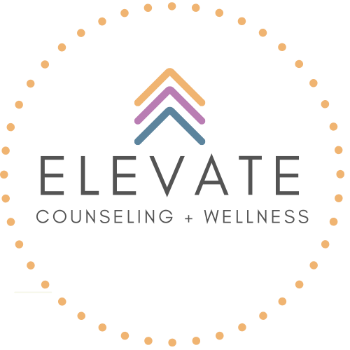Did you know that the average person spends a whopping 3 hours and 15 minutes on their phone each day? From text messages to emails to mindlessly scrolling through social media, it’s no secret that we’re glued to our smartphones.
If you’re going to be using technology throughout the day, why not use some of that screen time to promote your emotional well-being? There are countless mental health apps available on today’s market. Let’s break down some of the best ones:
Fabulous
Do you want to build healthier habits? Are you trying to quit smoking, eat healthier, or go to bed at a reasonable hour? We all have goals we want to achieve, but many of us struggle to hold ourselves accountable.
Developed in Duke’s Behavioral Economics Lab, Fabulous prides itself on helping people build healthier habits in 30 days. The app starts with a setup questionnaire. These answers provide you with a customized plan designed to strengthen your self-discipline. The app currently offers a free trial with a full, customized plan available in the paid subscription.
My3
If you struggle with suicidal thoughts or behavior, you know how dark and isolating some days feel. You also probably know that the key to recovery lies in being willing to talk about the struggles you’re facing.
My3 helps you create a supportive safety network that you can reach out to if you’re feeling suicidal. The premise is simple: you identify three people in your life who can help you get through these difficult times. The app provides a customized safety plan that allows you to identify your triggers, coping strategies, and useful distractions. There are also resources for the National Suicide Prevention Lifeline and 911.
Headspace
You know the benefits of mindfulness, but let’s be honest, you’ve been avoiding making it a habit for one reason or another. Maybe you feel like you don’t know how to do it “right.” Or, you’ve tried it in the past, and it didn’t feel effective.
Headspace offers hundreds of tailored meditation sessions with topics ranging from sleep to focus to anxiety. The meditations are fairly short, which means they work well with busy schedules. Headspace currently offers a free trial, and they also offer monthly and annual plans.
Moodfit
Want to track your daily goals and improve your well-being? Looking for inspirational or uplifting notifications that can offer you a little boost during your day? Want a way to record your mood, sleeping habits, or meditation?
Moodfit offers an entirely customizable experience for its users. There are features for tracking mood, sleep, and exercise, journaling your gratitude, learning mindfulness, and ranking how your therapy or medication is working for you.
PTSD Coach
Approximately 8 million American adults struggle with PTSD every year. The Veterans Affair National Center for PTSD and the U.S Department of Defense National Center for Telehealth and Technology connected to create PTSD Coach for those who may be struggling.
The app provides a free self-assessment related to PTSD symptoms. It also offers helpful resources if you want to seek out professional care. Finally, it provides practical coping strategies for managing distress in daily life.
Happify
Do you want to feel happier and less stressed? Who doesn’t? While most of us desire happiness, our negative self-talk often prohibits us from experiencing and embracing this emotion fully.
Happify offers science-based activities and games intended to help you reduce stress and increase resilience. Developed by scientists and psychologists, the app claims that 86% of people who use Happify regularly report feeling better in 2 months.
What’s Up?
Do you struggle with depression or anxiety? You’re not alone. However, when you’re feeling sad, anxious, or overwhelmed, it can be challenging to know the best steps to take.
What’s Up? is a free app that blends principles from Cognitive-Behavioral therapy (CBT) and Acceptance and Commitment Therapy (ACT) to help you cope with your symptoms. The app includes a diary feature to track your mood, catastrophe scales to help you see things in perspective, grounding games, and breathing techniques. They also have a forum feature where you can connect with other people who can relate and understand your feelings.
Mental Health Apps and Therapy: The Perfect Combination?
While mental health apps can be a wonderful supplement in boosting your emotional well-being, they are not the same as seeking professional help. If you are struggling with a mental health condition, it is essential that you reach out for appropriate support.

